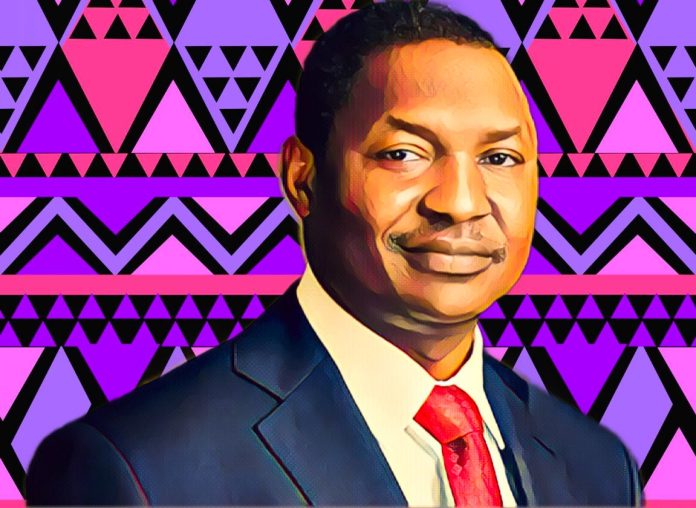KEY POINTS
- The Malami EFCC questioning marks a renewed investigative push.
- EFCC aims to clarify decisions made during Malami’s tenure.
- The invitation signals expanding scrutiny in the ongoing probe.
The Economic and Financial Crimes Commission of Nigeria has invited former Attorney-General Abubakar Malami for interrogation, representing the inaugural verified interaction between the ex-minister and the agency since his departure from office in 2023. An invitation was sent in a letter dated November 24, requesting an attendance on November 28 at the commission’s headquarters in Jabi, Abuja.
Malami EFCC questioning enters new phase
The correspondence, endorsed by Sunday Atiba Ofen-Imu on behalf of EFCC Chairman Ola Olukoyede, indicated that investigators required particular information from Malami in a current case. The correspondence referenced Section 38 of the EFCC Establishment Act, which delineates the commission’s authority to solicit cooperation from people associated with financial or administrative investigations. It requested Malami to confer with authorities in the Special Duty Committee-3 unit.
According to The Guardian, EFCC did not reveal the rationale for the summons or the specifics of the case under investigation. The absence of detail has garnered scrutiny due to Malami’s extensive and sometimes contentious tenure as chief law officer under former President Muhammadu Buhari, characterized by prominent asset recovery initiatives, litigation related to corruption cases, and numerous legal rulings that incited political discourse nationwide.
Fresh moves in Malami EFCC questioning
Malami affirmed the invitation in a statement disseminated on his Facebook site. He stated his intention to appear before the commission unreservedly. He articulated his reaction as aligned with his longstanding commitment to transparency in government and emphasized his dedication to the ideas he claims have directed his public service.
“I have been called upon by the EFCC to elucidate specific issues,” Malami stated. He stated his intention to fully cooperate and to notify Nigerians of any developments resulting from his discussions with investigators. He characterized honesty and responsibility as fundamental qualities essential to good administration, asserting that these principles influenced his behavior throughout his eight years in office.
The commission has not provided deadlines regarding when additional material about the inquiry may be disclosed to the public.



